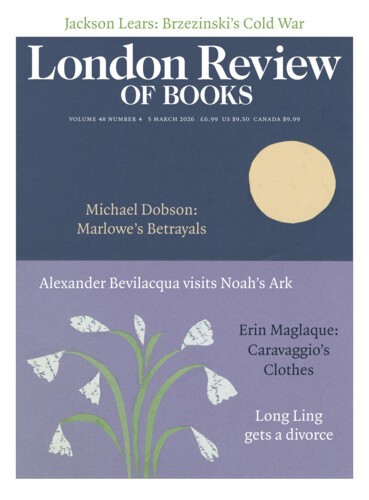The dry and the wet burn together
Eskandar Sadeghi-Boroujerdi
The war launched against Iran by the United States and Israel is a war of choice and of hubris. There is scarcely even the pretence that it was compelled by evidence of an Iranian dash for a bomb or an imminent attack. Such claims do not survive scrutiny; they barely withstand repetition.

